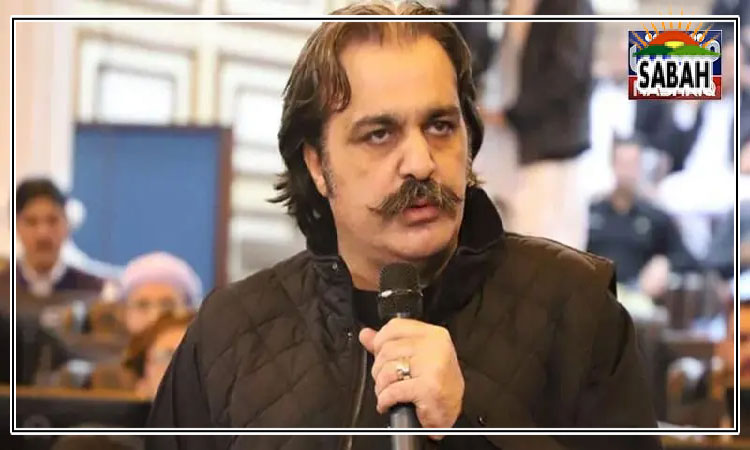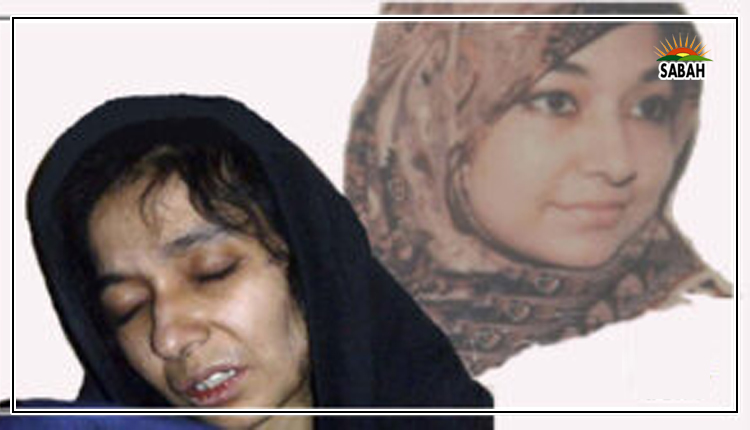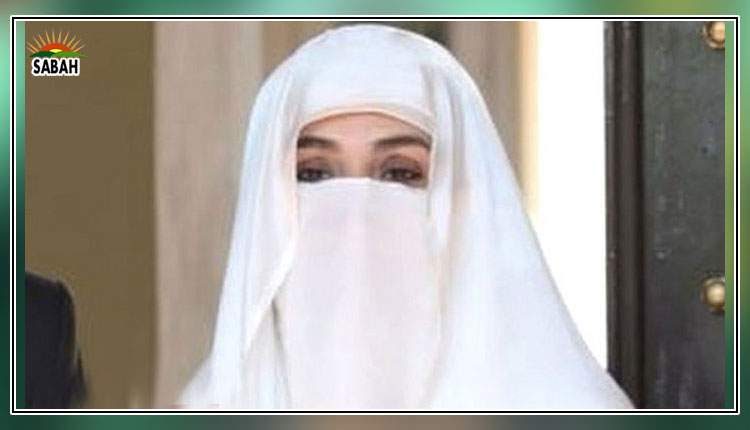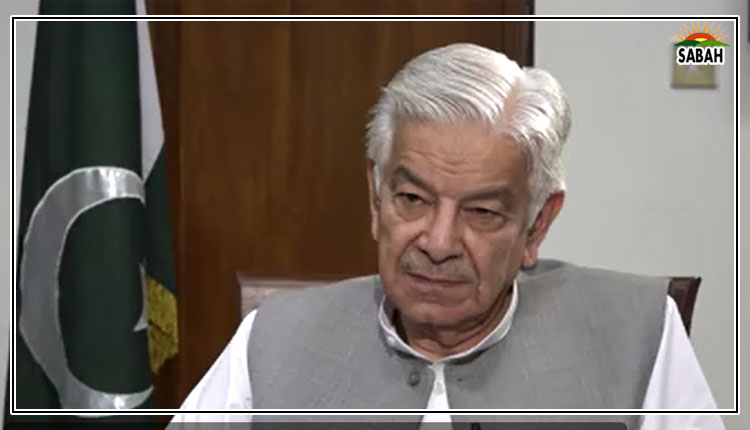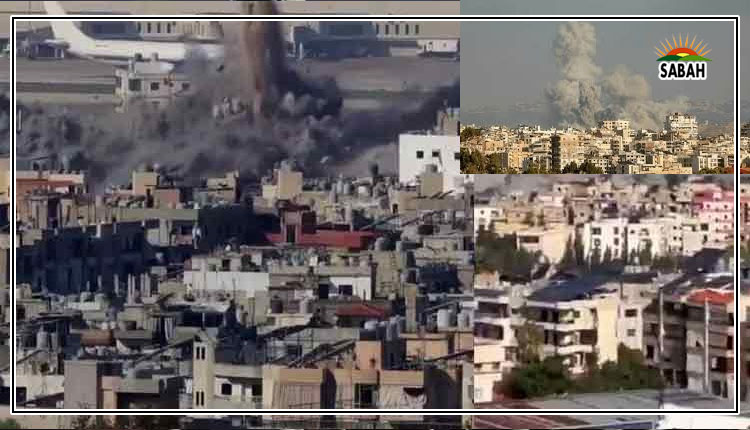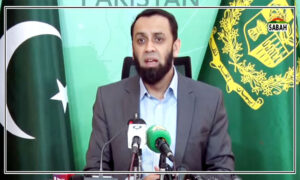Experts urge Pakistan to seek advisory opinion of ICJ on IOJK situation
ISLAMABAD, Nov 04 (SABAH): The ever-increasing grave human rights violations and Hindutva fascism in Indian Occupied Jammu & Kashmir (IOJK), coupled with the recent demographic and cultural onslaught, reflected through measures such as the establishment of a delimitation commission of electoral constituencies to further squeeze the Muslim influence in Kashmir’s politics, warrant the need for Pakistan to approach the International Court of Justice (ICJ) for an advisory opinion on the situation in IOJK.
This was a key recommendation at the Institute of Policy Studies’ Working Group on Kashmir (IPS-WGK) meeting. The participating experts discussed the situation in IOJK, covering issues including India’s intransigence, the future of the All Parties Hurriyat Conference (APHC) after Syed Ali Geelani, and the resurgence of the armed struggle.
Altaf Wani, chairman, Kashmir Institute of International Relations (KIIR) was the main speaker of the session, which was chaired by Khalid Rahman, chairman, IPS, whereas Farzana Yaqoob, former AJ&K minister and general secretary of IPS-WGK moderated it.
Ambassador (retd) Syed Abrar Hussain, vice chairman, IPS, Iftikhar Gillani, Ankara-based senior Kashmiri journalist, Ambassador (retd) Syed Ishtiaq Hussain Andrabi, and Advocate Nasir Qadri, founder, Legal Forum for the Oppressed Voices of Kashmir (LFOVK) were the main discussants.
Altaf Wani rued that the BJP government had awarded 3.8 million new domiciles to the Indians who do not hail from the region, an act tantamount to a mockery of existing international human rights laws.
He also lashed upon the Indian government for introducing a pattern of settler colonialism in the occupied region, as reflected from new draconian laws under which the Indian forces have already grabbed many hectares of land on the premise of improving security.
Commenting on the cultural terrorism the people of IOJK were faced with, Altaf was of the view that the BJP government was making deliberate attempts to change the cultural outlook of the Valley, which is evident from the fact that Urdu was now being replaced with Hindi as the official language. Similarly, muzzling media and press, snatching political space available for the Kashmiris, and carrying out political victimization of Kashmiri political leadership were acts of depriving Kashmiri Muslims of their jobs, homes, land, and freedom, he added.
The participants showed concern over India’s increasing brutalities in IOJK and the growing political vacuum in the Valley after the death of veteran Kashmiri leader Syed Ali Gilani.
Regarding the working of the Delimitation Commission, the speakers termed this attempt an act to further curtail the already squeezed political space available for Kashmiri political leadership to exercise their political rights and raise their voice against India’s atrocities.
The speakers feared the recommended delimitations in 2022 would pave the way for enhanced BJP-dominated Hindu rule in IOJK, as the Commission’s ruling cannot be challenged before any court in India.


